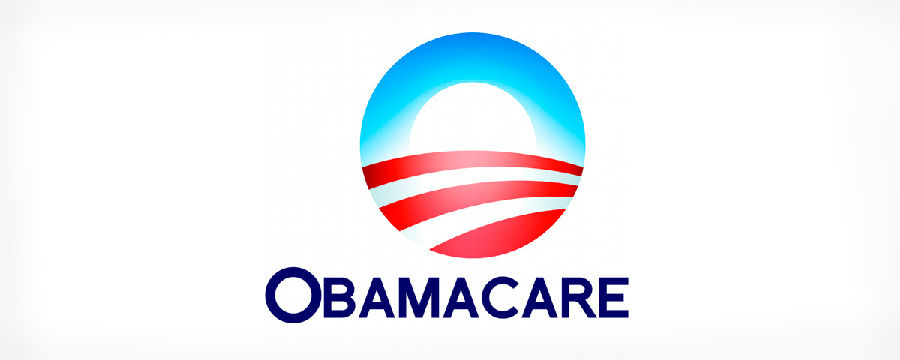The U.S. Supreme Court today threw out the challenge to the Affordable Care Act, holding that the plaintiffs in the case lacked standing. The 7-2 opinion was authored by Justice Stephen Breyer, who was joined by Chief Justice John Roberts and Justices Clarence Thomas, Sonia Sotomayor, Elena Kagan, Brett Kavanaugh and Amy Coney Barrett. Justices Samuel Alito and Neil Gorsuch dissented. Joining us now to explain the ruling is NPR legal affairs correspondent Nina Totenberg. Hello, Nina.
NINA TOTENBERG, BYLINE: Hey there.
FADEL: So Nina, this is the third time the court has upheld the law. What was the case before the court about this time?
TOTENBERG: Well, this was a challenge brought by states, principally by red states, who claimed that they were being harmed by the Affordable Care Act under the mandate provision that was thrown out in 2012 and that the — that was unseverable from the rest of the law because it was totally intertwined with the law. So even though the court upheld it, these states said, the whole law should now be struck down because the mandate was actually eliminated by the Congress after it concluded four years into the law's experience that it was no longer necessary. And the Supreme Court said to the states and actually even a couple of individuals, sorry, you don't have any legal standing to challenge this law because you weren't injured at all. You didn't have to pay anything. You can't show any injury. And therefore, we only decide actual cases where somebody has been harmed, and goodbye.
FADEL: So then what are the implications of today's ruling?
TOTENBERG: Well, over 31 million Americans access health insurance through the ACA and will now be able to continue to do so. That 31 million is a record high. Many of the provisions of the ACA are now taken for granted and could have been struck down. Up to 135 million people are covered by the ban on discrimination against those with preexisting conditions. Young adults are permitted to stay on their parents' insurance until age 26. Copays aren't permitted for preventive care. No longer are insurance companies permitted to put lifetime caps on benefits, et cetera, et cetera, et cetera. All of that could have been struck down under the theory of the red states who brought this case. But in fact, they didn't prevail. The Supreme Court for the third time left this law intact, standing as it is. And I'm sure there will be challenges in the future and never say never, but it does seem that the court is uninterested in — at this point anyway — in striking down the ACA as it now exists.

FADEL: And this wasn't the only Supreme Court decision today. There was another ruling in favor of a Catholic group that wouldn't allow same-sex foster parents. How sweeping is this ruling?
TOTENBERG: This is a very long decision with lots of concurring opinions. And as we sit here right now, I actually can't tell you how sweeping it is. What I can tell you is that it is a major victory for those who claim religious exemptions in the free ex — on the grounds of the free exercise of religion against claims by LGBT communities that they should have equal access and the contracting rights of state and city governments. In this case, the city of Philadelphia said — had a rule and a statute, essentially a city statute, that said you can't discrimination — discriminate in contracting. And Catholic Social Services did that in the sense that it said, under our religious beliefs, we shouldn't be involved in certifying LGBT parents for foster care, and therefore we will not screen them, which is — they had a contract with the city to screen potential foster care parents. Now, no LGBT couple asked to be screened, but CSS still said we wouldn't screen them if they came. And the Supreme Court upheld their right to do that today. Just how far the court went — it certainly could have gone further, but it does look as if the court has given institutions like Catholic Social Services a fairly broad hand to have religious exemptions to state and city anti-discrimination laws.
FADEL: NPR legal affairs correspondent Nina Totenberg, thank you for your reporting.
TOTENBERG: Thank you.













